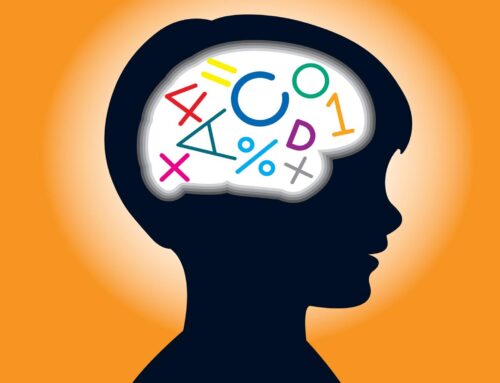The 2016-2017 school year just started yet many parents are already looking ahead to the 2017-2018 school year. They are planning for their child’s next educational step. For many, this step will be enrollment in an independent private school. But before there is enrollment, the application process must occur.
Think of the independent school application process like matchmaking. Parents look for schools that will provide their child an appropriate academic program and enriching environment. Independent schools search for students who will reach their academic potential as well as contribute their unique character to the school community. When these search criteria align, there is a good fit between the student and school.
How do independent schools learn about their applicants?
By developing application forms, requesting school records, reading letters of recommendation, meeting the child, and reviewing the results of current standardized testing. The administration of standardized testing is where psychologists are most involved in the application process. The most commonly used tests are the Wechsler Intelligence Scale for Children-Fifth Edition (WISC-V) and the Wechsler Preschool and Primary Scale of Intelligence-Fourth Edition (WPPSI-IV).
- Children 6 years of age or older generally receive the WISC-V
- Children younger than 6 years of age generally receive the WPPSI-IV.
Why are cognitive tests part of the independent school application?
The answer to this question is found in the history of intelligence testing. In 1904, psychologist Alfred Binet was asked by the French government to develop a test that would help educators identify students who required extra learning assistance. Rather than focus on learned information such as math and reading, Binet developed a measure that assessed mental abilities such as attention and memory. He viewed the combination of these abilities as overall intelligence. Binet believed that intelligence was a combination of many skills that are inherited but are also shaped heavily by the environment. By measuring a student’s intelligence, Binet felt that educators would be able to support a student’s educational needs and cultivate their strengths. He also felt that intelligence was complex and could not be fully captured by a single quantitative measure.
This notion still holds true over a century later. A child’s performance on cognitive tests can vary due to a number of factors such as motivation, physical well-being and emotional control. It is important for all involved in the application process tor remember that cognitive tests are a snapshot of child and a portion of the larger application process. Rather than focus on a single test, concentrate on finding the best educational fit that will cultivate a child’s strengths and support their needs.




